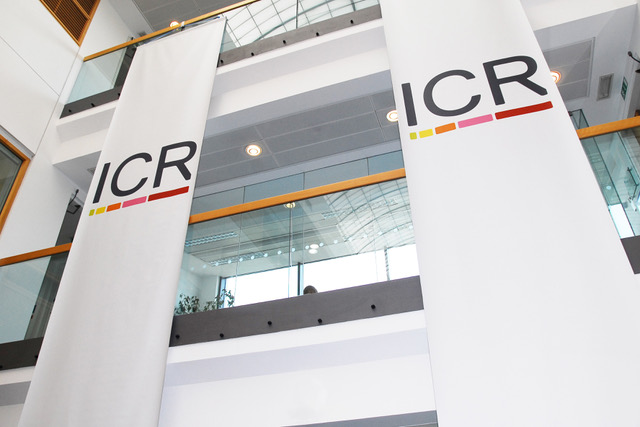Request Demo
ICR scientists identify new way to study important driver of breast cancer
16 Feb 2024

Preview
Source: PMLiVE
Scientists from the Institute of Cancer Research (ICR)Cancer Research (ICR) have identified a new way to study proteins that drive the development of breast cancer.
Responsible for around 47,000 new cases in England every year, breast cancer is a disease that occurs when cells in the breast grow out of control.
The four most common forms of breast cancer include ductal carcinoma in situ, invasive ductal carcinoma, lobular carcinoma in situ and invasive lobular carcinoma.
Conducted by the ICR’s Molecular Endocrinology Group in collaboration with the institute's Functional Proteomics Research Group, researchers used a cutting-edge approach to detect most of the proteins that interact with oestrogen receptor alpha (ERα).
Proteins that interact with ERα are expressed in around 70% of breast cancers and increase the cell growth and survival of the disease.
Published in the journal Molecular & Cellular Proteomics, the study, funded by the Arthur Foundation and Breast Cancer Now, explored a technique known as biotinylation by antibody recognition (BAR) to identify specific molecular details of biotin-labelled proteins.
BAR uses antibodies joined with enzymes to target the protein of interest while avoiding genetic manipulation of the cells.
After testing epitope tagging and using a secondary antibody conjugated with the enzyme to deposit biotin on adjacent proteins in the presence of a biotin substrate and hydrogen peroxidase, the team improved its method to target the endogenous protein, which has not been genetically modified with the epitope tag, using an antibody that was able to target the full length of the Erα protein with high affinity.
In total, BAR identified 329 proteins that were known to interact with Erα and revealed 22 new ones, as well as a refined list of proteins of interest, including 97 that should be prioritised for further scientific investigation.
Senior author, Jyoti Choudhary, professor of cancer proteomics and head of the proteomics core facility, ICR, said: “Our study has provided strong evidence that BAR can be used effectively to further our understanding of ERα’s role in promoting cancer progression and resistance to treatment,” identifying “new biomarkers” and “insights into precision treatment strategies”.
For more details,please visit the original website
The content of the article does not represent any opinions of Synapse and its affiliated companies. If there is any copyright infringement or error, please contact us, and we will deal with it within 24 hours.
Organizations
-Indications
Targets
Drugs
-AI Agents Built for Biopharma Breakthroughs
Accelerate discovery. Empower decisions. Transform outcomes.
Hot reports
Get started for free today!
Accelerate Strategic R&D decision making with Synapse, PatSnap’s AI-powered Connected Innovation Intelligence Platform Built for Life Sciences Professionals.
Start your data trial now!
Synapse data is also accessible to external entities via APIs or data packages. Empower better decisions with the latest in pharmaceutical intelligence.


